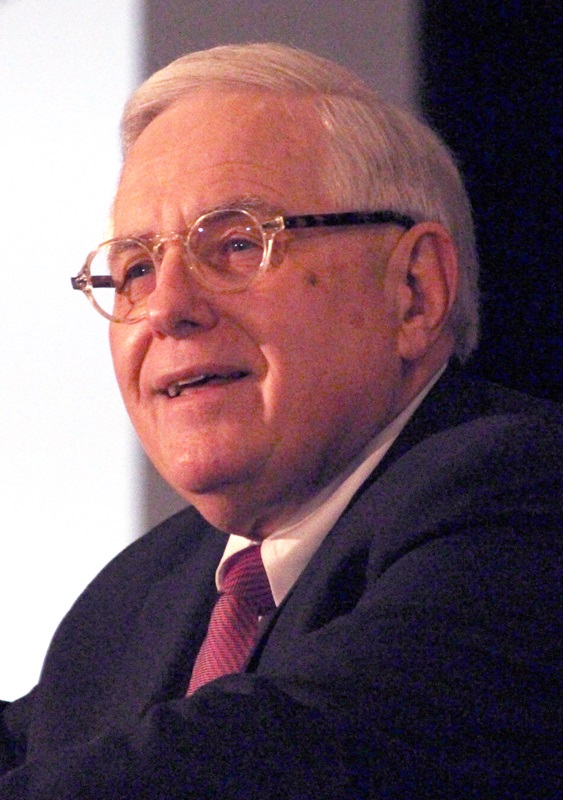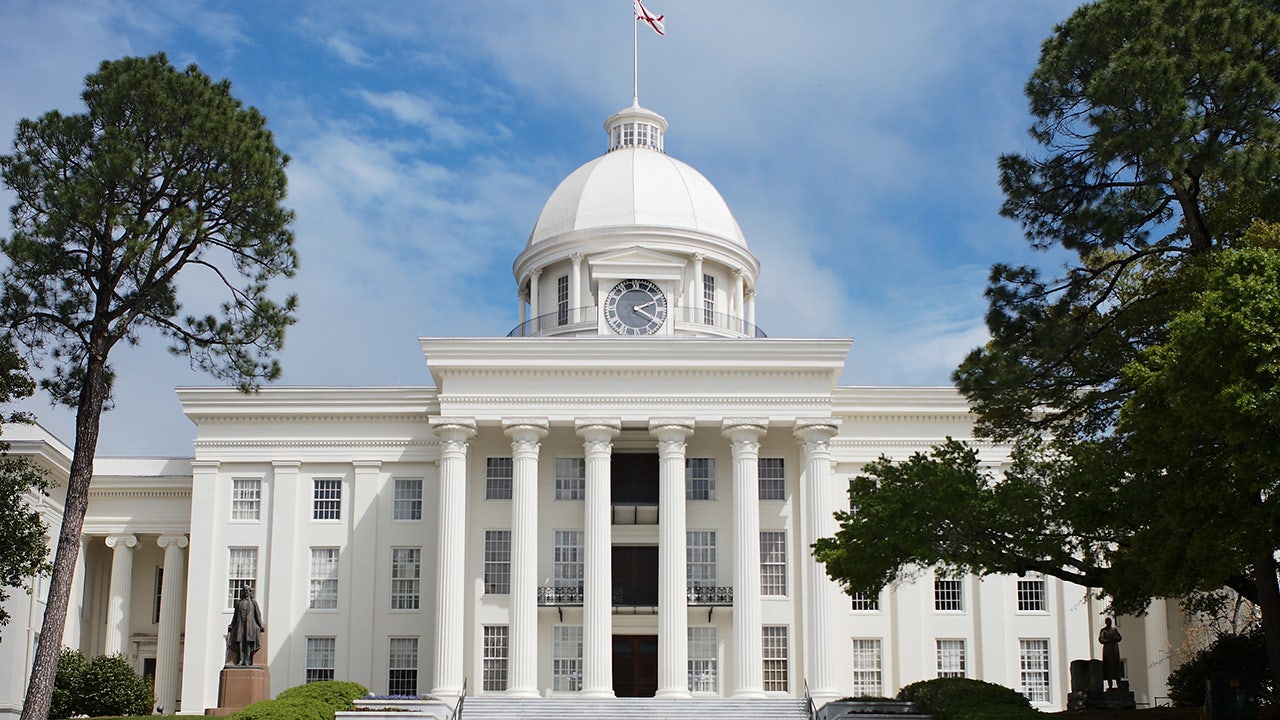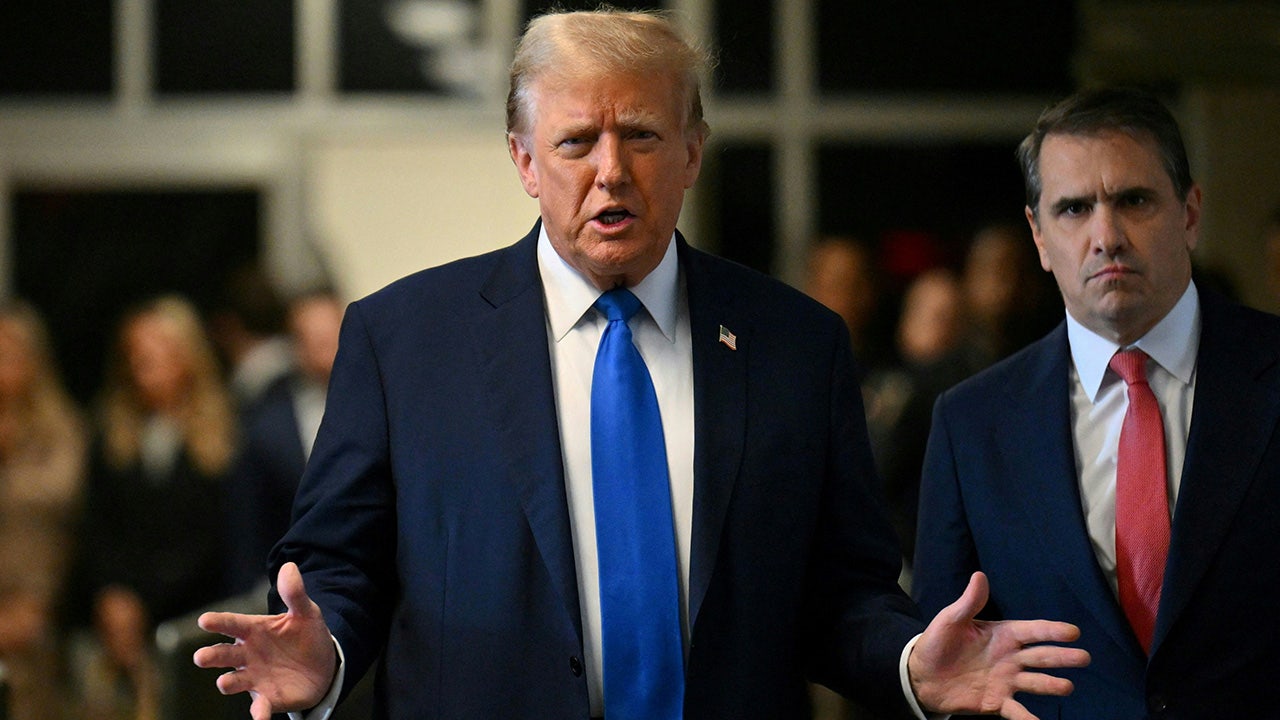South-Carolina
Massive energy bill stalls in SC Senate

Bill aimed at securing South Carolina’s energy future haunted by 2017 V. C. Summer nuclear fiasco.
The so-called South Carolina Energy Security Act, one of the most expansive pieces of legislation to be considered by the General Assembly this year, all but collapsed in the S.C. Senate this week.
Aimed at ensuring the state has enough power to meet its future energy needs, the measure sailed through the House of Representatives, but many Senators now say the 45-thousand word bill is too wide-ranging to be considered in the final weeks of the current session.
Senate Majority leader Shane Massey, R-Edgefield, said the bill should be put on hold.
“It’s important that we deal with the issue, and it’s important we get it right,” Massey said on the Senate floor Tuesday. “And because it’s important that we get it right, my recommendation is that we spend a lot of time in the fall working on this issue.”
As the Republican leader, and chairman of the Senate Rules Committee, Massey can control the Senate agenda. He and a growing number of his colleagues, Republicans and Democrats, say the shadow of the disastrous V.C Summer nuclear project in 2017 looms too large over the current energy bill.
The bill calls for streamlining the regulatory process, allowing utilities to be able to bring new power generation online quicker. It would also restructure the state Public Service Commission.
Eddie Moore, of the Southern Alliance for Clean Energy at a Senate Judiciary hearing April 16 outlined the concerns of most of the groups opposed to the bill.
Moore said the bill contains numerous detail changes to the regulatory process that apply to utilities when attempting to build and operate new generating stations.
“Many of it’s (the bill) provisions are crafted to overturn specific legal precedents, or to pre- determine outcomes of (regulatory) cases, he testified.
Moore added the proposed provisions could “tilt” regulatory decisions toward utilities which could result in rate increases for their customers.
A key provision of the bill authorizes state-owned utility Santee Cooper to partner with Dominion Energy to construct a large gas-powered energy plant at Canadys in Colleton County.
The proposed 2,100-megawatt plant would produce around the same amount of electricity that those utilities had hoped to generate with the failed V.C. Summer nuclear project in Fairfield County.
In 2007, the General Assembly enacted the now infamous Base Load Review Act. That law allowed Santee Cooper and then South Carolina Electric and Gas, now Dominion, to charge ratepayers for the project while it was being built. It went under in 2017, but the utilities’ customers continue to pay for it.
The specter of that debacle is causing many lawmakers to urge caution about the proposed gas plant in Canadys.
State Sen Dick Harpootlian, D-Richland told utility CEO’s at a April 17 Senate Judiciary Committee hearing that many Senators don’t want another Base Load Review Act.
“I don’t want to undo any supervision,” Harpootlian said. “These bills reduce the number of Public Service Commissioners, and change the (regulatory) process.”
Harpootlian added that if an emergency situation for more power generation exists in the state, it was created by utilities.
With the omnibus bill in trouble, some Senators are looking for a way to possibly scale it down to just authorizing Santee Cooper to pursue the Canadys plant with Dominion.
South Carolina is growing so fast that it has a critical need for additional power generation.
Duke Energy Carolinas President Mike Callahan reminded Senators of that need this week.
He said Duke, which serves thousands of customers in the Upstate and the Pee Dee, plans to double its’ generation capacity in the Carolinas over the next 15 years to meet demand.
He urged Senators to advance the energy bill.
“The current system, we built that over the last 50 years. So the pace at which we need to move to meet this demand is really un-precedented,” Callahan said.
Republican Gov. Henry McMaster said again this week that there is an urgent to need for lawmakers to pass a bill this session.
Should lawmakers fail to pass the bill this year, the bill will have to be refiled in 2025.

South-Carolina
South Carolina man arrested near entrance gate in The Villages
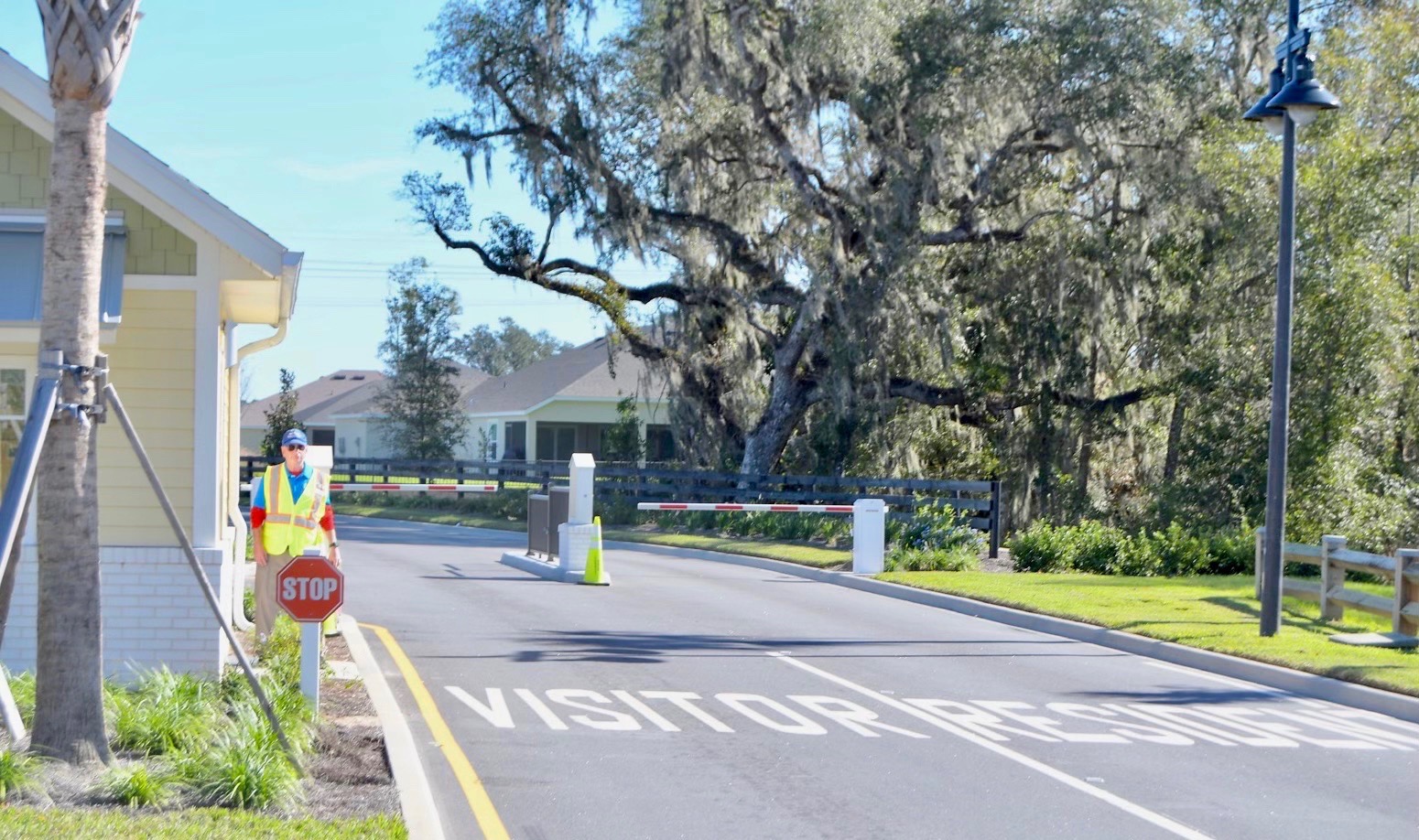
A South Carolina man was arrested in an unregistered, uninsured vehicle near an entrance gate in The Villages.
Alfonso Olivares Chavez, 45, of Greenville, S.C., was driving a black Nissan Versa at 8:45 a.m. Thursday at U.S. 301 and Marsh Bend Trail near the entrance to the Village of DeLuna when an officer noticed the vehicle had a vanity tag that said, “Test Drive,” but did not have an actual license plate, according to an arrest report from the Wildwood Police Department. The officer asked Chavez where the car’s license plate was and he said he “just bought the vehicle and has not registered it yet.”
The officer ran a check and confirmed the vehicle was not registered in any of the 50 states. The vehicle was also uninsured.
Chavez was arrested on charges of driving an unregistered vehicle that was uninsured. The native of Mexico was booked at the Sumter County Detention Center on $300 bond.
South-Carolina
Developer energyRe gets US$240 million for South Carolina solar-plus-storage project
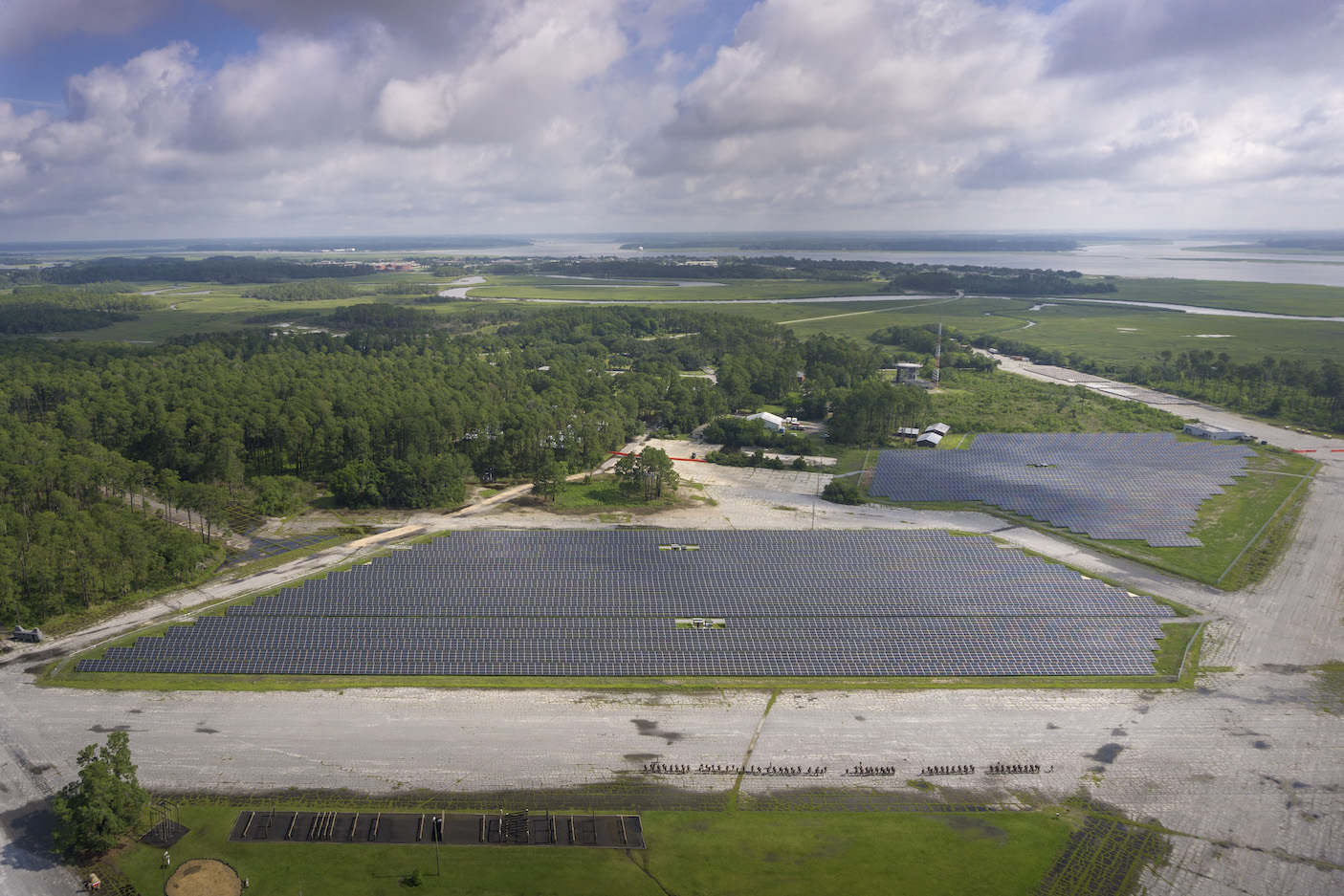
The developer said that the project qualifies for Investment Tax Credits (ITC) under the Inflation Reduction Act (IRA), and energyRE has signed a ten-year power purchase agreement (PPA) with regional utility Dominion Energy South Carolina for power produced at Lone Star.
On top of the PPA, energyRe said that Belgian-headquartered chemical company Syensqo will purchase all of the Renewable Energy Certificates (RECs) generated by Lone Star Solar, which will offset 35% of the company’s US emissions from electricity purchases.
To see the full version of this article go to PV Tech.
South-Carolina
Who is Keith Davidson, the lawyer who negotiated hush money payments from Trump?

NEW YORK — Keith Davidson will be back on the stand Thursday morning to continue testifying against former President Donald Trump in a New York criminal trial.
Davidson, who had represented the two women at the center of the trial, began testifying Tuesday.
He is the sixth witness to testify against the former president in this case. Trump faces 34 felony counts alleging that he falsified New York business records in order to conceal damaging information to influence the 2016 presidential election. Trump claims the trial itself is “election interference” because of how it is disrupting his 2024 bid for president.
Who is Keith Davidson?
Davidson testified on Tuesday that he was at one point the lawyer for both Karen McDougal, a Playboy model, and Stormy Daniels, an adult film star. Both women alleged that they had affairs with Trump, stories that the prosecution argues Trump wanted to quash as he was running in the 2016 presidential election. He testified Tuesday afternoon before court adjourned until today.
How does he fit in the prosecution’s case?
Davidson testified to negotiating the payments McDougal and Daniels received in exchange for selling their stories to the National Enquirer tabloid. Leadership at the National Enquirer promised Trump they’d help his campaign by finding stories that could be harmful and paying for the rights of the stories but never running them.
Jurors saw text exchanges between Davidson and National Enquirer editor Dylan Howard that showed Davidson negotiating dollar amounts for McDougal and Daniels. He also testified to knowing that the tabloid would not publish the stories. He said he was looking to get the biggest payout for his clients, and he knew this would benefit Trump’s election efforts, even though he did not know about the specific deal made between Trump and tabloid leadership.
The payments made constitute the 34 “falsified” business records the prosecution alleged Trump made. In opening statements, prosecutors argued that Trump’s lawyer Michael Cohen submitted 11 “phony invoices” paid for by checks with “false entries” signed by Trump himself.
Trump has pleaded not guilty and argues that all he did was pay his lawyer.
Who else has the jury heard from so far?
Jurors have heard from five other witnesses including:
- David Pecker, former CEO of American Media Inc. He testified about making a deal with Trump and Cohen in 2015 to help Trump’s campaign by finding potentially damaging stories and helping to kill them.
- Rhona Graff, a longtime executive assistant at the Trump Organization. She testified against her former boss about how she entered McDougal’s and Daniels’ contact information into the Trump Organization’s directory. Her testimony verified Trump’s contact lists.
- Gary Farro, a former banker at First Republic Bank. He testified about opening accounts for Cohen that would eventually be used to pay Daniels. He said if he had known what the accounts would be used for they may not have ever been opened.
- Robert Browning, executive director for archives for C-SPAN. He verified two 2016 Trump campaign clips and one 2017 press conference clip where Trump called Cohen a talented lawyer and where Trump called allegations from women lies.
- Phillip Thompson of Esquire Deposition Solutions. He verified video and transcript of a 2022 deposition Trump gave for his civil defamation lawsuit against writer E. Jean Carroll. In a video clip played from the deposition, Trump confirms his wife is Melania Trump and his Truth Social handle, among other things.
Copyright 2024 NPR
-

 News1 week ago
News1 week agoLarry Webb’s deathbed confession solves 2000 cold case murder of Susan and Natasha Carter, 10, whose remains were found hours after he died
-

 Education1 week ago
Education1 week agoVideo: Dozens of Yale Students Arrested as Campus Protests Spread
-

 World1 week ago
World1 week agoHaiti Prime Minister Ariel Henry resigns, transitional council takes power
-

 News1 week ago
News1 week agoFirst cargo ship passes through new channel since Baltimore bridge collapse
-

 World1 week ago
World1 week agoUS secretly sent long-range ATACMS weapons to Ukraine
-

 World1 week ago
World1 week agoSpanish PM Pedro Sanchez suspends public duties to 'reflect'
-

 News1 week ago
News1 week agoAmerican Airlines passenger alleges discrimination over use of first-class restroom
-

 World1 week ago
World1 week agoAsia bears biggest climate-change brunt amid extreme weather: WMO








